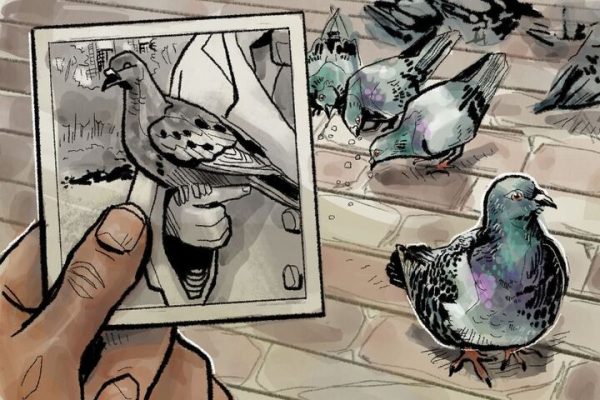Venezuela: The protest we’ve only just started talking about
The world can only fit so many crises in its vision at once.
After the nightmare of Ukraine concluded with the ousting of President Viktor Yanukovic, the world just woke up to the ongoing crisis in Venezuela. I embarrassingly first heard about the country’s problems last week while scrolling through my News Feed.
Since Nicholas Maduro took over the presidency after Hugo Chavez died last year, the country’s crippling issues have gone south. Inflation reached 56.2 percent in 2013. The bolivar, the nation’s currency, has lost nearly two-thirds of its value since its 2008 release.
The protests began on Feb. 4, when student activists in San Cristobal took to the streets in response to crime on campus. The next day, student activists in Maracaibo joined them.
Any and all dissent is next to treason in Maduro’s book. The government cracked down on the protest with beatings and tear gas. Fourteen deaths and over 500 arrests have occurred since then. Maduro called for a peace conference tomorrow.
Within Venezuela, social media is the main information source on the protests for many of its citizens. Its own media remains muffled.
Coverage on Venezuela has picked up. The New York Times, CNN and NPR all had pieces on the protests and upcoming peace conference yesterday. But where were these headlines a few weeks ago?
The sad truth is that the world only has so much room on its radar for world crises. We live in a society that doesn’t sit still. We don’t have the patience to sit still before a class starts without pulling out our phones, let along keep tabs on international news.
Having the scope to digest the tragedies and irresponsibleness of our world is beyond most capabilities today. It’s the terrible truth of our generation and human nature in general. We have little attention for things that don’t affect us directly, and even less for the crises that are far away from us.
But in the end, those living 3,000 miles away are just as human as those we see in class every day. The fact that every aspect of these lives are being reshaped while many of us don’t notice should be more astonishing than it is. But sadly, I’m used to it.







